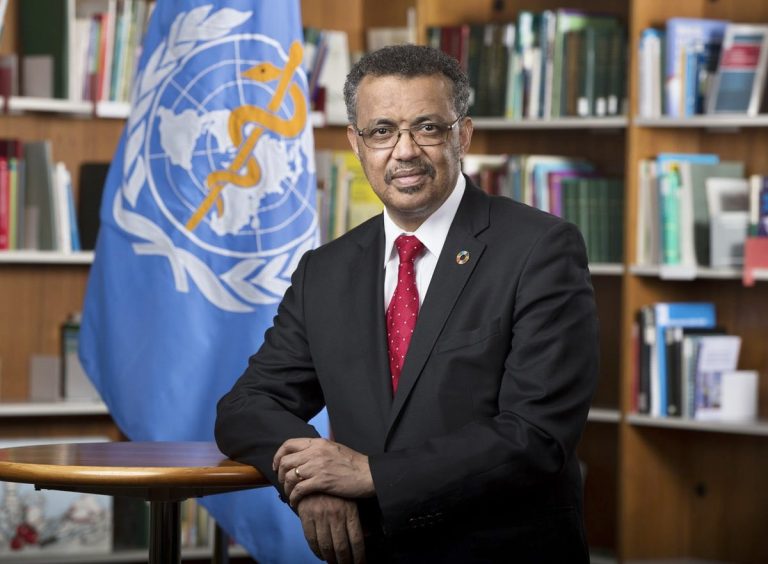World Health Organisation (WHO) chief Tedros Adhanom Ghebreyesus shared a video of his narrow escape from Israeli attack on Yemen on Thursday.
“We faced a very dangerous attack, but my @UN colleagues and I are now safe.
We successfully evacuated our wounded colleague to Amman, and he is stable,” he said in a post on X on Saturday.
He also expressed gratitude to his well wishers and said: “Thank you to all my friends, colleagues, and everyone who has wished me well during the ordeal in the past few days. I’m especially grateful to the colleagues and airport staff, who were selfless as they tried to protect me.”
“My heart goes out to our colleagues on the front lines and the civilians who face such danger every day.
I am on my way back home to Geneva,” he added.
In the CCTV footage, the WHO chief can be seen sitting on a couch when suddenly, there’s an air of panic in the room. Seconds later, the chief is hurried out of the space. Cut to the outdoor footage which shows an explosion due to the strike.
Describing the scene, Tedros told BBC radio “We heard a heavy explosion nearby, and then I think repeated.”
“The sound was so, so loud… So deafening, actually.
Still my ear rings. It’s already more than 24 hours now. I don’t know if it affected my ear. The explosion was so heavy,” he said. “It was the departure lounge next to us that was hit, and later on the control tower,” he added.
“It’s a matter of luck. Otherwise, if the missile deviated just slightly, it could have been on our heads… my colleague actually said after all that, we escaped death narrowly,” he said.
Israeli airstrikes targeted Sanaa’s international airport and other locations in Yemen.
The strikes, which Israel’s military described as targeting rebel “military targets,” marked the second such attack since December 19, following missile fire from rebels toward Israel.
The United Nations has declared Yemen “the largest humanitarian crisis in the world,” with 24.1 million people requiring urgent aid and protection.
Years of conflict have led to the collapse of essential public services like healthcare, water, sanitation, and education.
Since seizing Sanaa and ousting the internationally recognized government in September 2014, the Houthi rebels have controlled large parts of the country.
Israel’s recent airstrikes in Yemen come amid an escalation in Houthi long-range attacks on Israel, following a ceasefire between Israel and Lebanon’s Hezbollah, another Iran-backed group.
The Times of India


